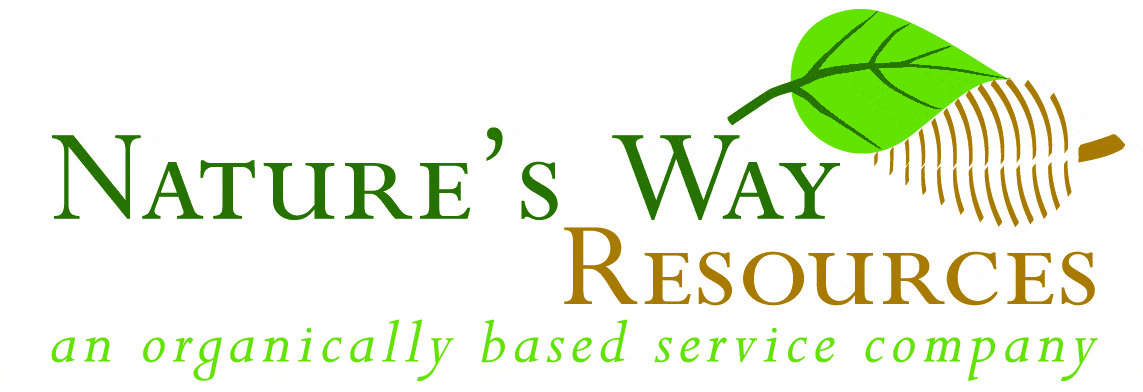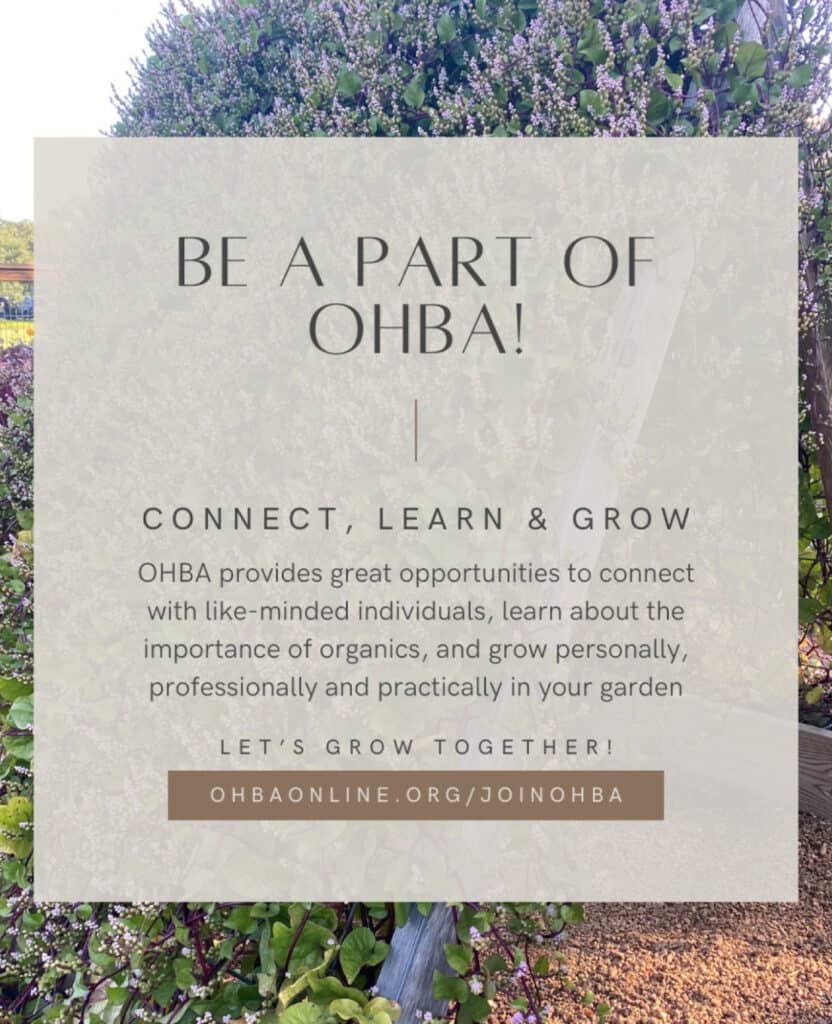John's Corner:
Neonicotinoids & More
News from the Wonderful World of Soil & plants 28
By: John Ferguson
Neonicotinoids, soil microbiome, human microbiome, broccoli properties, marine life and prozac, silicon, mineral deficiencies, Arctic Apple
New studies have found that seeds treated with widely used neonicotinoid’s killed or impaired soil life like predatory beetles that eat slugs. As a result, damage from slugs greatly increased, eliminating all benefits and causing harm from the poison treated seeds (Journal of Applied Ecology 2015). A worldwide study has found these toxic chemicals in 75% of all honey samples tested worldwide. These chemicals have now shown up in honey on remote islands with little agriculture (Science News October 2017). Over 800 studies have shown there is limited if any benefit to neonicotinoid treated seeds, and usually they created an economic loss when used. The studies found strong evidence of non-target damage to butterflies, bees, and birds.
In a new book by David Montgomery, PhD, (Growing a Revolution), he reports that farmers using cover crops increase their yields by 79% on average around the world. David Montgomery and his wife Anne will be speaking in Houston in March of 2018. The subject will be the link between the soil microbiome and the human microbiome in our guts.
Speaking of biomes, researchers at the University Medical Center Groningen, The Netherlands has found that imbalanced gut bacteria is the likely cause of many age related diseases linked with chronic inflammation (dementia, cardiovascular issues, strokes, etc.). Toxic chemicals on our food is a major cause of problems with our gut biome. Researchers at Washington University in St. Louis has found that maintaining healthy gut flora helps prevent weight gain, strengthens our immunity to disease, and help prevent other metabolic disorders. This is another reason to raise one own food or shop at local farmers markets and buy only organic.
An article in Dr. Mercola’s newsletter reported that broccoli has many chemoprotective properties, and the compound called indolocarbazole (ICZ) binds to and protects our gut lining.
Broccoli is an excellent source of phytonutrients, glucosinates, flavonoids, antioxidants, and many other health-boosting compounds.
https://articles.mercola.com/sites/articles/archive/2017/10/30/broccoli.
Several studies have recently been published that found the antidepressant Prozac and others, is affecting marine life from crabs to shrimp causing reckless behavior and causing them to fight more. The drugs come from the sewage treatment plants that dump the liquid residue into our rivers and streams without treatment for these drugs, where these streams then flow into the ocean (Journal of Ecology and Evolution). Many crustaceans have relatives that live in the soil hence it is probably affecting them also. Many companies are now composting sewage sludge, which has these same dangerous chemicals, along with toxic heavy metals and selling it for use in our gardens.
More and more research is talking about the benefits of the element silicon (Si) in promoting plant health. Silicon is the second most abundant element in the earth’s crust. Silicon has been shown to promote plant growth, increase crop yields, and reduce insect and disease damage. The problem lies in that most of the silicon is combined with oxygen to form quartz minerals, hence the silicon is not available to plants. In the series of article on minerals, we talked about how many trees have the ability to absorb silicon from the soil where it accumulates in the leaves. Well-aged compost made from leaves and produced over a long period of time, is a good source of silicon in a form that plants can absorb. e.g. The “Leaf Mold” compost from Nature’s Way Resources.
Some recent studies have found that nitrates dissolve structural silicon in citrus plants, which weakens transport vessels and connective tissue. This makes the host citrus more susceptible to citrus greening disease. The good bacteria actinomycetes has been found to help protect citrus trees. This bacterium is found in a well-aged compost like the Leaf Mold mentioned above.
The organization “The Truth About Cancer” states that mineral deficiencies alone can be responsible for many cancers and other diseases. I talked about this issue on the series of articles on the elements. They also state that glyphosate (active ingredient in Round-Up) not only is a carcinogen but that it ties up minerals and prevents us from absorbing them from our food. The most dangerous foods are GMO’s that have been modified to have extra glyphosate on them. These include corn, alfalfa, sugar beets, papaya, squash, and potatoes. Some of these also have the BT gene in them that produces a toxin that eats a hole in an insect’s guts killing them. I wonder what the BT toxin is doing to our guts and our biome (contribute to leaky gut syndrome)? Note: Sixty-four (64) countries including China now require labeling of GMO produce due to the dangers they present. Other countries will not even allow GMO’s to be grown or sold.
The nutrition issue is why I always recommend to those whom are growing plants for food including fruits to use amendments that have trace minerals. An excellent combination is 50% greensand, 25% basalt sand and 25% granite sand. Typically, one would use about 40 pounds per 1,000 square feet every 4-5 years. I use mineral amendments on all plants from turf grass, to herbs, and even my bananas. It just helps plants grow strong and more resistant to insect and disease problems.
Consumer alert – The Arctic Apple is one of the first GMOs to be marketed directly to consumers instead of farmers. It was created for purely cosmetic purposes to never brown, no matter how old or rotten it is. Browning is one of the ways we know that an apple is going bad and soon may be unsafe to eat. The Arctic Apple was developed using a technology that many scientists worry may have unintended, negative consequences-for our health, and the environment. In other words, it’s completely unnecessary. So why make a GMO apple that consumers do not need or want? To generate profits for companies like Intrexon. The only way to show companies like Intrexon that we don’t want their GMO apples is to not buy them-and convince grocery stores to not sell them. Paraphrased from The Organic Consumer Association newsletter.

